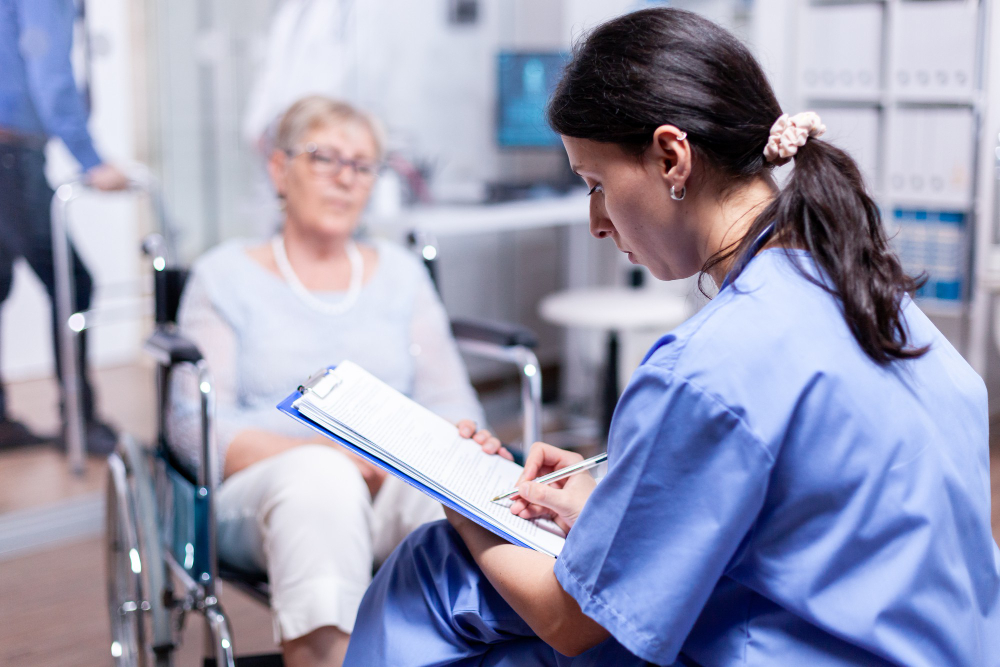
In addition, students will learn the proper use of a glucometer to obtain glucose levels, Identify and label the parts of the most common diagnostic laboratory equipment, and use basic skills in the context of therapeutic and laboratory procedures.
In this program, the student will label the major internal and external structures of the heart, describe the major function of the cardiovascular system, Identify the five types of blood vessels, label the electrical conduction of the heart, explain the reason for performing an EKG, obtain a standard EKG rhythm strip, and describe and Identify the ECG characteristics of Sinus Rhythms.
In addition, the student will be able to describe and Identify ECG characteristics of Atrial Rhythms, Identify ECG characteristics of Junctional Rhythms, describe and Identify ECG characteristics of Ventricular Rhythms, describe and identify ECG characteristics of Atrioventricular, describe and Identify ECG characteristics of AV Blocks, describe and Identify different components of Pacemaker Rhythm, describe different Interference and trouble shootings and summarize various items of ECG interpretations.

Our medical office administration courses will help students in gaining both technical and conceptual knowledge in management concepts, and analytical skills which will help them in performing their duties and responsibilities with perfection.


Specialized patient care technician training prepare candidates to work flexibly in different organizations, which are as follows:
| Schedules | Mornings | Evenings | Weekends |
|---|---|---|---|
| 9:00am - 1:30pm | 6:00pm - 9:00pm | 9:00am - 4:00pm | |
| Mon - Thu | Mon - Thu | Sat & Sun | |
| 4 weeks | 6 Weeks | 6 Weeks | |
| Course Fee: | Books Fee: | Registration Fee: | Total: |
| $899.00 | $230.00 | $50.00 | $1179.00 |
After completing a Nurse Aide/Assistant program, you can join a patient care technician program.
Yes, we offer weekend classes to accommodate various schedules. Please contact us for more details on class availability and timings.
The duration to complete the course varies based on your schedule:
Choose the schedule that best fits your availability to complete the course.
The cost of the Patient Care Technician program is $1,179. This total includes course fees, books, and registration fees.
